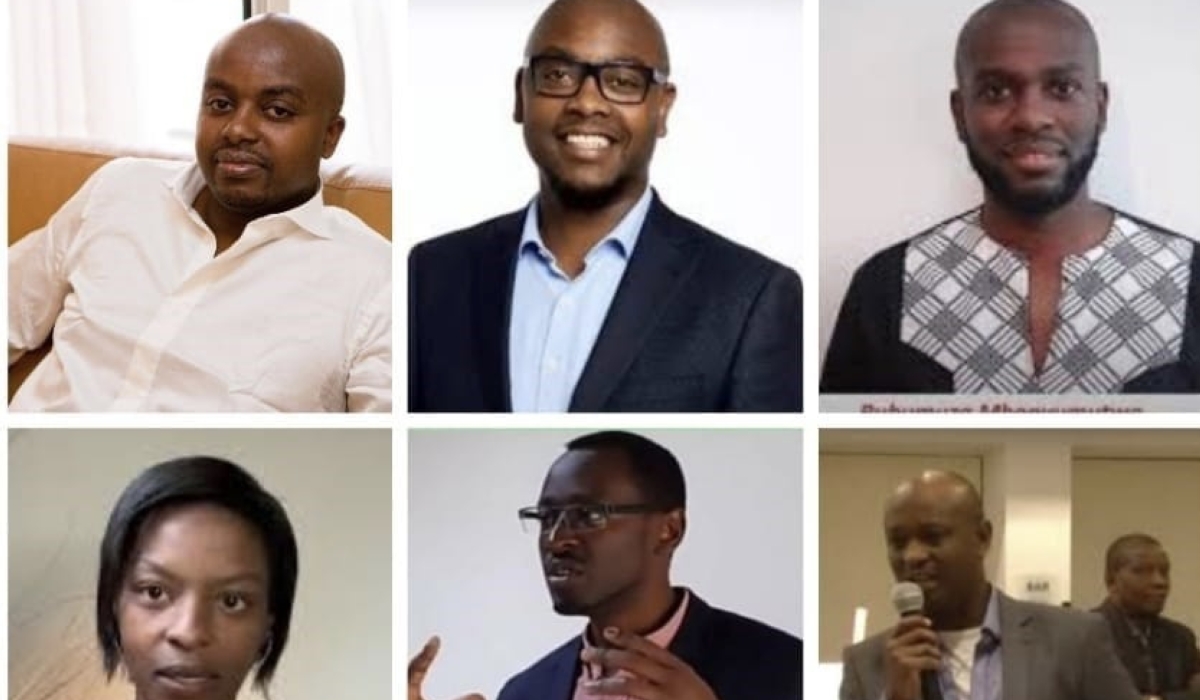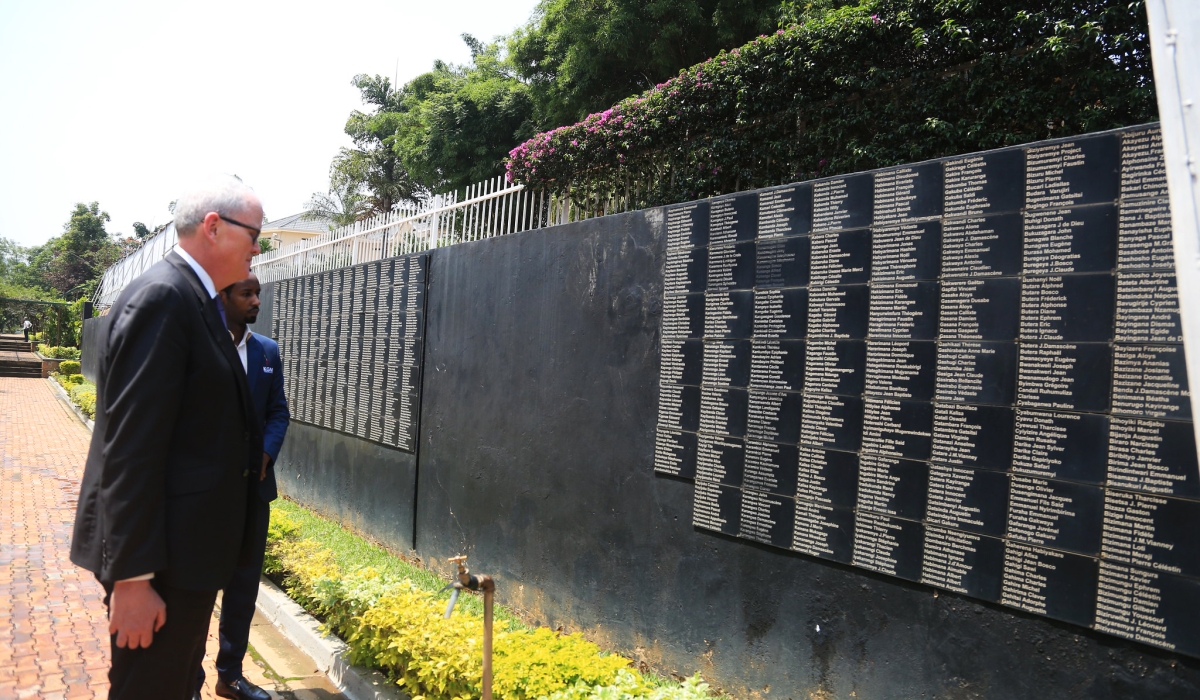Regional
How Jean Carbonare's testimony could have prevented the 1994 Genocide against the Tutsi

The testimony of Jean Carbonare, on January 28, 1993, on
France2 TV, was a poignant and urgent plea to the world to recognize the
systematic organization behind the massacres of the Tutsi organized by the
genocidal regime between 1991 and 1993.
Carbonare who was a human rights activist denounced the
plan to kill the Tutsi and invited the world to act, especially his own
country, France, which was a big ally of the government that was killing its
own people.
His pleas, if listened to, could have changed the course of
history and potentially prevented the massacres of a million people during the
1994 Genocide against Tutsi.
"It's not just ethnic clashes," Carbonare
declared in the TV interview with Bruno Masure on France2. "It is an
organized policy, a systematic extermination by the Government in Place,"
he said.
His words echoed across the frequencies, deafening the
cover of indifference that had characterized the international community. For
Carbonare, this was not merely a humanitarian crisis; it was a moral imperative
to speak truth to power and demand action in the face of unspeakable evil.
The scenes he encountered never left his memory, haunting
him long after he returned home. Pits filled with the bodies of innocent
victims, and the painful cries of widows who had lost their husbands and sons
killed by people who were supposed to protect them (local leaders, the police
and the army), haunted him and he invited the world to react.
Yet, for all his efforts to shine a light on the atrocities
unfolding in Rwanda, Carbonare was met with indifference from the international
community. The world turned a blind eye to the suffering of the Tutsi.
"It is not enough to bear witness," Carbonare
implored. "We must act, lest we be complicit in the crimes being committed
in our name."
His words fell on deaf ears.
The Genocide against the Tutsi that claimed the lives of
more than one million innocent men, women, and children, left a scar on the
collective conscience of humanity that would never fully heal.
In the aftermath of the genocide, Carbonare's testimony was a newfound significance; his words became a rallying cry for the people who refused to remain silent in the face of injustice, inspiring a new generation of activists and advocates to stand up for the rights of the oppressed.








